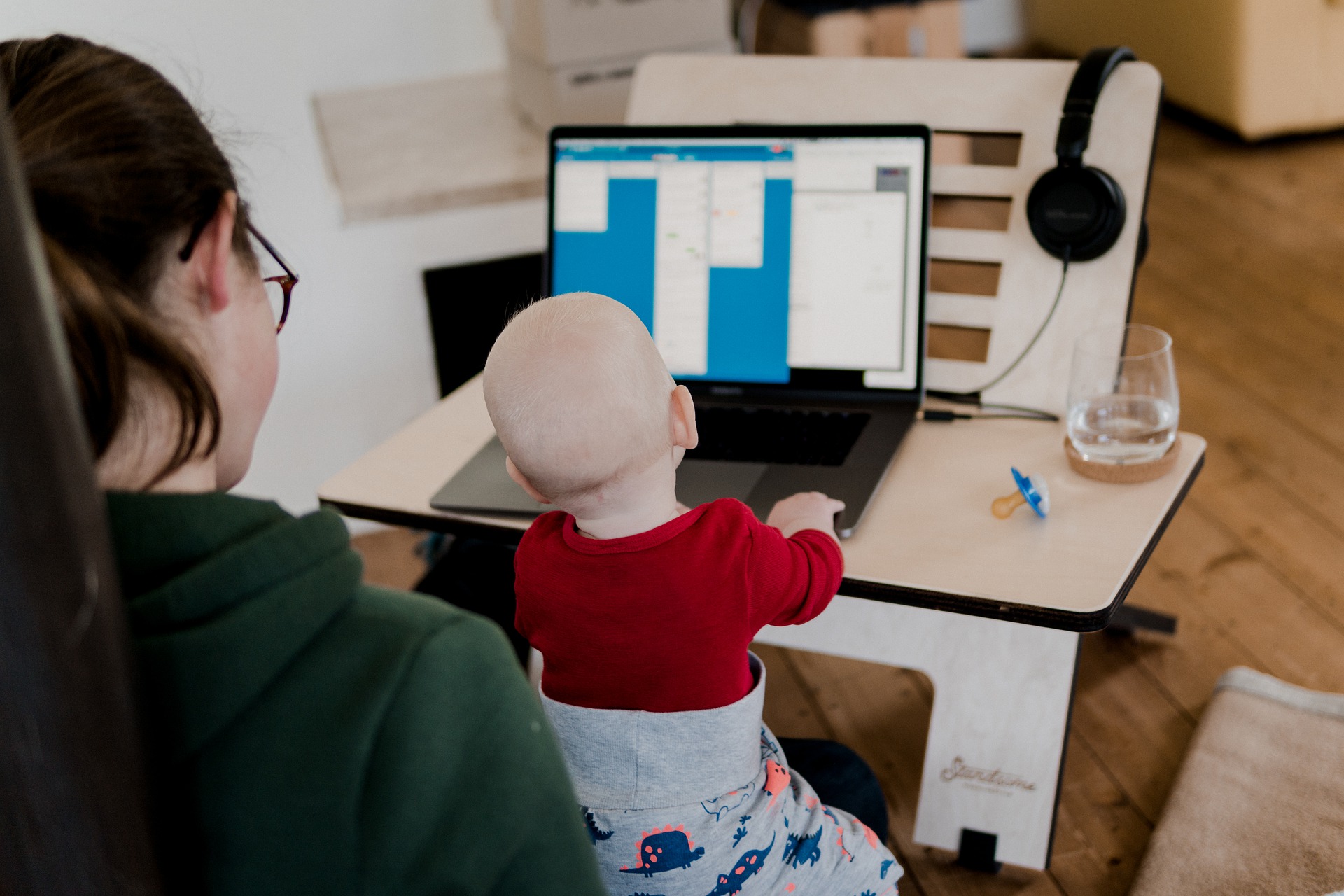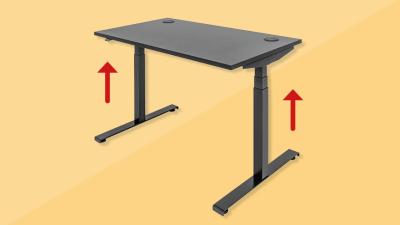Successfully dividing your energy between your career and your personal life - otherwise known as work-life balance, can be hard when your commute to the office is about ten steps away from your bedroom.

Before COVID, the rituals we all performed to get ourselves physically to and from work created a barrier of time and space between these two different sides of our lives.
Now that many of us are working from home indefinitely, the physical barriers are gone. Without a good routine in place, working where you live and living where you work can be exhausting.
You may feel like you're always in work mode: always available to take calls and emails and unable to switch off mentally. You may struggle in the other direction too. How do you get in the work zone when you're in the comfort of your own home with a multitude of distractions around you?
National Work Life Week takes place from 12-16 October 2020. It's an annual campaign to get both employers and employees talking about wellbeing at work - specifically, achieving a good balance between work performance and general wellbeing. If you feel like working from home is having a negative impact on your mental health, it's important that you speak to your line manager or a member of your HR department. You can also try these great tips for achieving a better work-life balance when you work from home...
Create a dedicated workspace
If you have a spare room, transform it into a home office. Invest in home office furniture such as desks, ergonomic chairs and monitor arms so that you can feel comfortable and professional when you settle down to work for the day. Having a dedicated space will help you get into the right frame of mind for work. It also means you can close the door on distractions when you're busy, and it keeps work to one part of the house.
Or... dismantle/hide work equipment at the end of the day
If you don't have space to create a home office, use easy-to-dismantle equipment such as a laptop, laptop stand and detachable mouse and keyboard so you can tidy them away when you're finished for the day. The act of moving your work things out of sight will help you make the psychological transition to leisure time.
Establish a daily routine
A routine is important for getting into the working mindset. When you're in a familiar place surrounded by distractions, it can be difficult to stay disciplined. Consider:
- Setting your alarm at the time you'd usually get up if you were going to the office
- Going for a walk before you start the day
- Getting dressed in work clothes
- Starting the day with a to-do list
Set boundaries and know when to switch off
Just because you have constant access to your work laptop/phone/tablet at home, doesn't mean you should always be on call. Switch off devices or mute notifications so that you're not distracted after hours. It's important that you have space to relax without thinking constantly about what you need to do at work - otherwise, you risk burnout. Equally, just because you're at home doesn't mean you have time to chat all day with family members. Make it clear when your working hours are, and save family time for your breaks. Staking out clear boundaries from the offset will help prevent confusion and conflict in the long run.
Look at the bright side... Being able to work from home can significantly improve your work-life balance in many ways. it frees up time that would usually be spent commuting. It allows you to have a breather from the usual hustle and bustle of office life and dedicate time to projects that need a little extra focus. It also means you can use your breaks to carry out household tasks and buy yourself time in the evenings and at weekends that would otherwise be spent doing chores. With clear boundaries and a healthy routine, it's possible to enjoy a great work-life balance when you work from home. Just remember to move and stretch regularly, and keep open lines of communication with your team.











